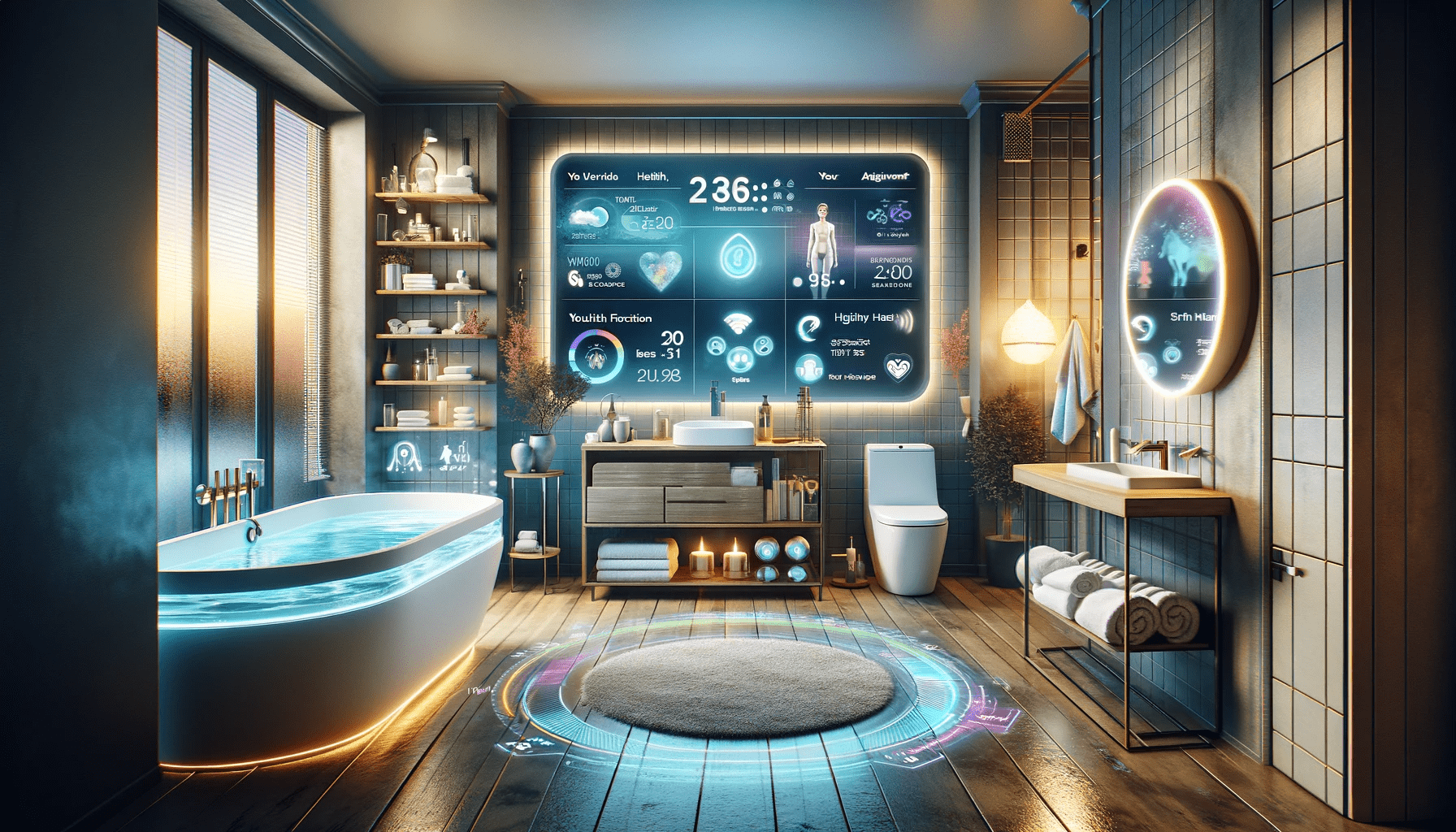The tech giant Google appears to be on the brink of enhancing its smart home product line with advanced iterations of Nest Audio and Nest Hub Max. With a focus on integrating cutting-edge artificial intelligence, these potential releases aim to redefine user interaction within the connected home ecosystem. As the smart home market evolves, the integration of generative AI could offer more intuitive and personalized user experiences, setting a new standard in how consumers interact with their home devices. This move by Google could also signal an industry shift towards more AI-driven functionalities in mainstream consumer technology.
Comparison with Previous Technology Developments
Reflecting on earlier releases, Google consistently expanded its smart home portfolio, emphasizing user-friendly features and seamless connectivity. The proposed advancements in AI would not only elevate the functionality of the Nest devices but also align with growing consumer demands for smarter, more responsive home technology solutions. Historical trends indicate that early adopters of enhanced AI features have enjoyed significant improvements in device interaction, suggesting a promising horizon for these rumored updates.
Insights from Related Market Developments
Forbes recently discussed the broader implications of AI in household devices in their article “AI’s Role in Enhancing Smart Home Devices.” Furthermore, Gizmodo’s piece “Smart Homes Get Smarter: How AI is Taking Over” delves into the proliferation of AI technologies in enhancing user experiences and device functionalities. These articles underscore a growing trend where AI not only automates mundane tasks but also anticipates user needs and preferences, which aligns closely with the direction Google seems to be heading with its new products.
Scientific Perspectives on AI in Smart Homes
A study published in the Journal of Artificial Intelligence Research, titled “AI and Home Automation: Challenges and Opportunities,” highlights the technical challenges and user privacy concerns associated with integrating AI into home devices. The paper stresses the importance of balancing innovation with user-centric design and security. This research is particularly relevant as it mirrors the challenges and opportunities that Google may need to navigate in developing its next-generation Nest products.
Practical Inferences from the Developments
- Enhanced AI can streamline daily tasks.
- Privacy safeguards are crucial in new AI tech.
- User-centric design remains key for adoption.
Both the anticipated updates to Google’s Nest Audio and Nest Hub Max and the broader integration of AI into smart home devices reflect a significant shift towards more interactive and personalized technology. As AI capabilities grow, these devices are likely to become even more central to everyday home life. Users can expect not only enhanced convenience and efficiency but also improved privacy and security measures to accompany these advances. This development is not isolated but part of a larger trend emphasizing the importance of intuitive design in consumer technology.










